On September 14, it was reported that Apple’s new iPhone 17, iPhone 17 Pro, iPhone 17 Pro Max, and iPhone Air are all equipped with the company’s in-house developed N1 chip, supporting Wi-Fi 7, Bluetooth 6, and Thread connectivity.
However, MacRumors discovered that the N1 chip has some limitations on the maximum channel bandwidth for Wi-Fi 7. FCC filings reveal that the N1 chip in all the new iPhones only supports a 160 MHz Wi-Fi 7 bandwidth, rather than the standard 320 MHz specification.
Additionally, according to Apple’s description, Wi-Fi 6E is unavailable in mainland China. Although Wi-Fi 7 is supported, the 6 GHz band is not available in the region.
This means that the devices cannot achieve the theoretical peak speeds of Wi-Fi 7. However, it's important to note that in actual use, network performance is often constrained by carrier services and other conditions, so this limitation may have a minimal impact on most users.
IT Home found that the iPhone 16 series (excluding iPhone 16e) released last year was the first to support Wi-Fi 7, with the bandwidth similarly capped at 160 MHz.
However, the iPhone 16 series used Broadcom chips, so some users were hoping that the in-house developed N1 chip in the iPhone 17 series would allow the bandwidth to reach 320 MHz, but unfortunately, that was not realized.










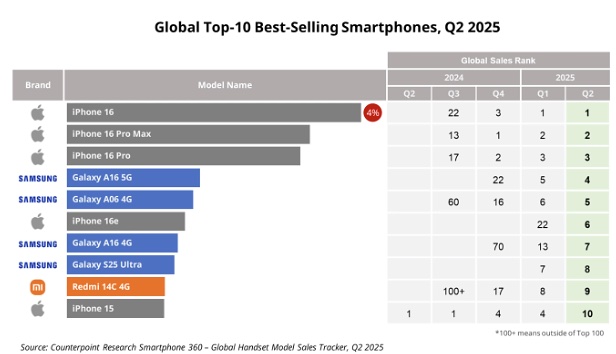
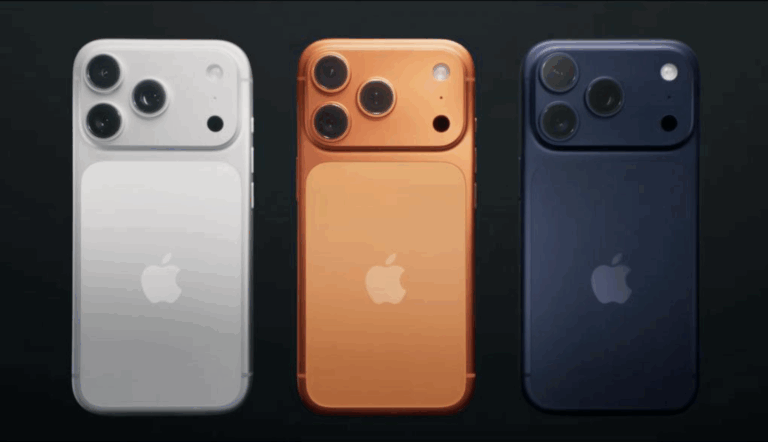
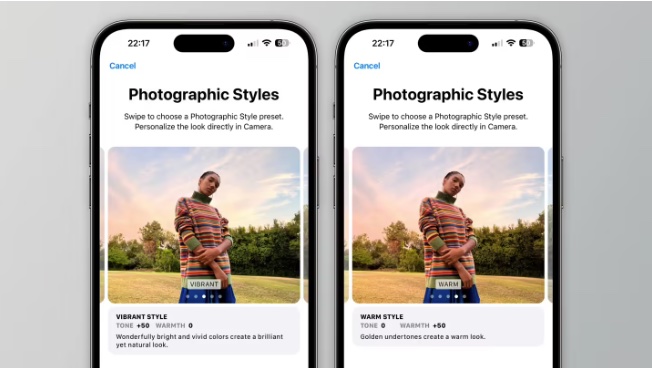


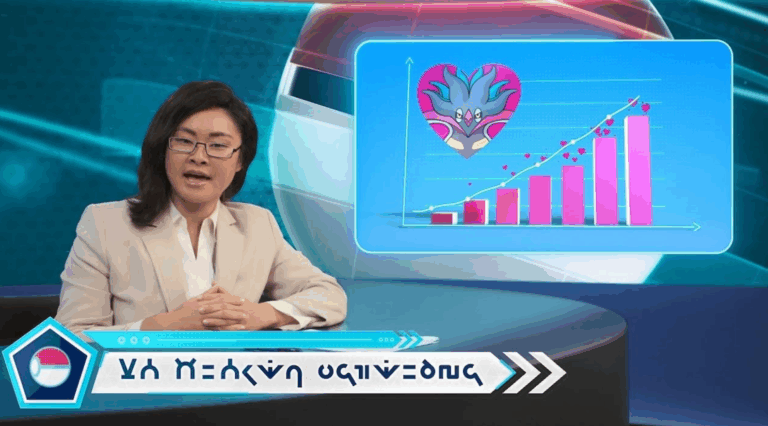



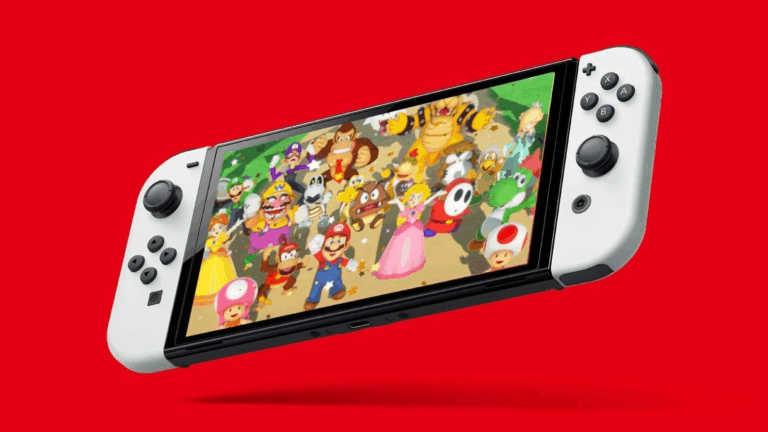


+ There are no comments
Add yours